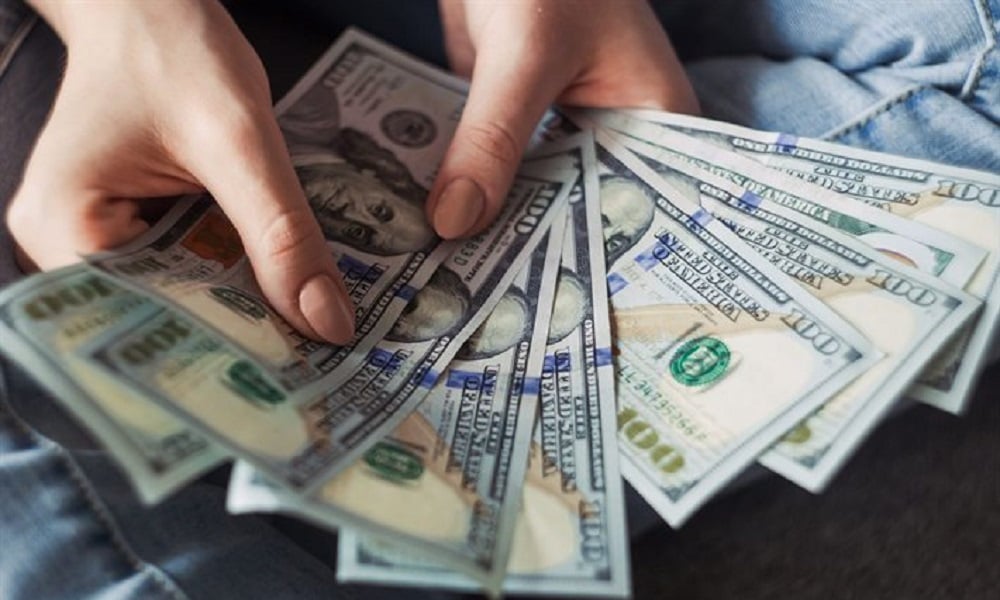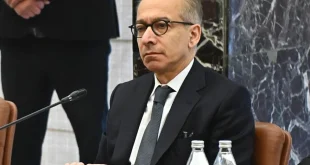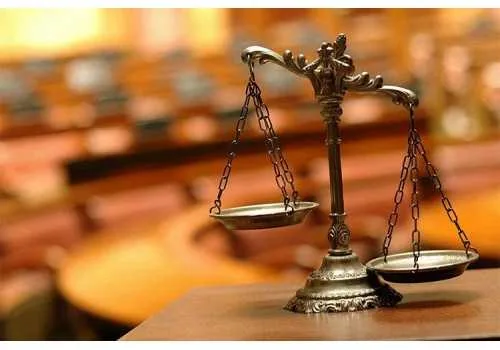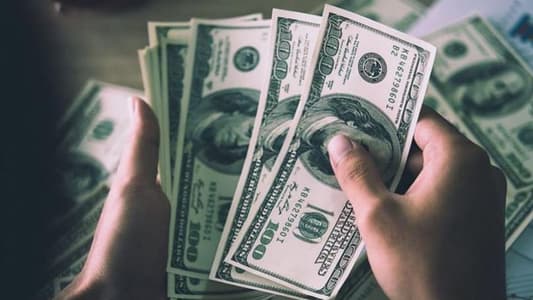بعد انتظام الحياة السياسية في لبنان… هل يشهد الدولار انخفاضًا أم مزيدًا من التقلبات؟
مع انتخاب رئيس جديد للجمهورية وتشكيل الحكومة اللبنانية بعد أسابيع من المشاورات المكثفة، ازداد التفاؤل بين اللبنانيين حول إمكانية تحسن الأوضاع الاقتصادية، خاصة فيما يتعلق بسعر صرف الدولار، الذي كان محور الاهتمام العام لسنوات عديدة.
انعكاسات المشهد السياسي على سوق الصرف
سجّل السوق اللبناني تهافتًا على بيع الدولار مقابل الليرة اللبنانية عند 89500 ليرة، وسط انتشار شائعات عن إمكانية انخفاض سعر الدولار بعد تشكيل الحكومة. لكن، رغم التفاؤل، لا تزال لبنان يواجه واحدة من أسوأ ثلاث أزمات اقتصادية في العالم، وفقًا للبنك الدولي.
هل يتجه الدولار نحو الانخفاض؟
يؤكد الخبير الاقتصادي أنطوان فرح أن سعر الدولار الحالي غير طبيعي، لأنه منفصل عن المؤشرات الاقتصادية الحقيقية، التي تشمل قوة الاقتصاد ونموه، إضافة إلى غياب وظيفة اقتصادية محددة للبنان. ويشير إلى أن المرحلة المقبلة قد تشهد استقرارًا في سعر الصرف لحين تعيين حاكم جديد لمصرف لبنان ووضع خطة اقتصادية واضحة، لكنه يوضح أنه ليس هناك ما يضمن انخفاض الدولار في المستقبل القريب.
الإصلاحات الاقتصادية المطلوبة بعد تشكيل الحكومة
بحسب فرح، تحتاج الحكومة اللبنانية إلى وضع خطة تعافٍ شاملة تشمل عدة إجراءات، منها:
- إيجاد حلول لأزمة الودائع ومعالجة خسائر القطاع المصرفي.
- إعادة هيكلة الاقتصاد وتحديد دوره المستقبلي.
- التفاوض مع صندوق النقد الدولي وحملة سندات اليوروبوند.
- القضاء على التهريب والاقتصاد غير الشرعي.
- تحقيق استقلالية القضاء وإصلاح القطاع العام.
التحديات الاقتصادية وتأثير سعر الصرف على المجتمع
يؤكد فرح أن التذبذب الحاد في سعر الدولار له آثار خطيرة، إذ أن أي انخفاض غير مدروس قد يؤدي إلى تداعيات سلبية، بينما يمكن أن يكون الانخفاض التدريجي والمدروس إيجابيًا، لأنه يعزز القدرة الشرائية للمواطنين دون الحاجة إلى رفع الرواتب.
في ظل الأزمة، يعاني اللبنانيون من ضغوط مالية خانقة، إذ لم يعد ممكنًا لمن يتقاضى راتبه بالليرة اللبنانية أن يؤمن الحد الأدنى من متطلبات الحياة دون اللجوء إلى وظائف إضافية. هذه الظروف القاسية أدت إلى ارتفاع معدلات الجريمة والانتحار، ما يعكس صورة مأساوية للواقع الاجتماعي المتدهور في لبنان.
Lebanon's Political Stability: Will the Dollar Drop or Continue Its Volatility?
Following the election of a new president and the formation of a government after weeks of intense negotiations, Lebanese citizens are hopeful that these political changes might bring economic relief, particularly regarding the exchange rate of the US dollar, which has been a major concern for years.
Market Reactions to Political Developments
In response to growing optimism, the Lebanese market witnessed a rush to sell US dollars for Lebanese lira at an exchange rate of 89,500 LBP per USD. However, despite the optimism, Lebanon remains in the grip of one of the world's three worst economic crises, according to the World Bank.
Will the Dollar Decline?
Economic expert Antoine Farah argues that the current exchange rate is artificial and disconnected from real economic indicators, such as GDP growth and overall economic strength. He emphasizes that Lebanon lacks a defined economic function, making it difficult to predict a stable exchange rate.
Farah predicts that the dollar may stabilize temporarily until a new central bank governor is appointed and an economic recovery plan is established. However, he warns that there is no certainty that the dollar will decline in the near future.
Key Economic Reforms Needed
Farah outlines critical reforms the new government must implement, including:
- Developing a comprehensive economic recovery plan.
- Resolving the banking crisis and addressing deposit losses.
- Defining Lebanon's economic role and long-term strategy.
- Negotiating with the IMF and Eurobond holders.
- Cracking down on smuggling and illegal financial activities.
- Ensuring judicial independence and restructuring the public sector.
Economic Challenges and the Social Impact of Exchange Rate Fluctuations
Farah warns that extreme fluctuations in the exchange rate pose serious risks. If the dollar drops too quickly without economic stability, the consequences could be negative. However, a gradual and well-managed decline could enhance purchasing power without requiring wage increases.
Amid Lebanon’s economic collapse, citizens struggle to meet basic needs, with many relying on multiple jobs to survive. The crisis has also led to a spike in crime and suicides, painting a grim picture of Lebanon’s worsening social conditions.
Translated by economyscopes team
المصدر: رصد موقع سكوبات عالمية إقتصادية
 سكوبات عالمية إقتصادية – EconomyScopes إجعل موقعنا خيارك ومصدرك الأنسب للأخبار الإقتصادية المحلية والعربية والعالمية على أنواعها بالإضافة الى نشر مجموعة لا بأس بها من فرص العمل في لبنان والشرق الأوسط والعالم
سكوبات عالمية إقتصادية – EconomyScopes إجعل موقعنا خيارك ومصدرك الأنسب للأخبار الإقتصادية المحلية والعربية والعالمية على أنواعها بالإضافة الى نشر مجموعة لا بأس بها من فرص العمل في لبنان والشرق الأوسط والعالم




